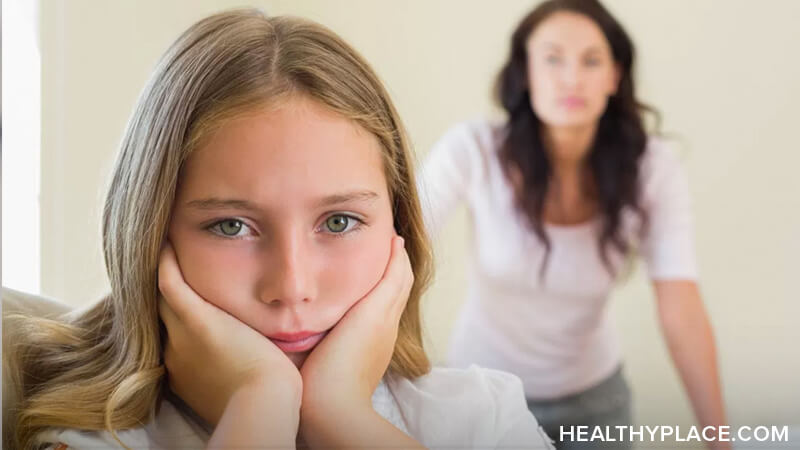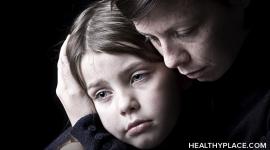Children and Scary News Events

Learn how parents can prepare children to deal with scary, sensational news events found on the internet which create fear, stress and anxiety.
Scary News on the Internet: A New Parenting Challenge to Raising Children
Although today's technology provides immediate news and endless information, it also adds one more challenge to raising children: balancing access with the ability to put it into perspective. The "internet world" can take the most heinous deeds or scariest events, condense for attention, and place front and center. Curious children can't help themselves as they point-and-click themselves into an emotional black hole of worry and confusion. Television news and radio broadcasts can serve up similar meals for the naive ears of unsuspecting children.
Many parents react to this barrage of input by closing down access points, but this only works to a limited degree, or for a temporary period. Here are some parent coaching suggestions to manage scary or sensational news stories found on the internet:
Don't discount the emotional effects of information. As children absorb startling information or exaggerated news flashes, it's easy for them to reach premature conclusions and internalize tension and anxiety. In some cases, they may not even be aware of the effects certain news has upon their mental or emotional selves. Even a short radio broadcast or television news story can threaten their view of the world.
Some kids hold on to the "sound bites of sensationalism" and this can gradually erode their feelings of present security or trust in the future.
Open dialogue with your child is the best "internet net." Don't hesitate to follow up with gentle questions or open-ended comments following a news broadcast. Explain that if they are still thinking about it that's a sign that it needs to be talked about. Encourage them to put the information into their own words and watch for inaccuracies or overly narrow conclusions. Children have a tendency to apply what they have seen, heard, or read to their own life. Ask them if they see any linkage. Correct what doesn't apply by providing context and help them see where they may have drawn conclusions out of very little information.
Encourage children to reserve discussion about disturbing news to parents and trusted adults. Peers are another source of information overload. A respected or admired peer who imparts the "shock news of the day" may do so with an air of certainty. Those within earshot may accept the news without even considering that the "reporter" may not have his or her facts straight. Ask your kids to share such discussions with you, and subject the "news" to a broader review for accuracy of facts, linkage to your child, and lessons learned. These three components help children build perspective when exposed to the news of the world.
"Lessons learned" are the most relevant aspect of childhood. The characters and events within today's newscasts run the gamut of human foibles and trying circumstances. Taking the bait when provoked, errors in judgment, lying, unjust accusation, admission of guilt, and situations beyond control, just to name a few, provide a backdrop for parents to "fill in the blanks" with enriching discussion that helps children learn from the mistakes and victories of others. Help children see the real linkage that exists between these world events and the daily events and social decisions they encounter.
About Dr. Steven Richfield: Known as "The Parent Coach," Dr. Richfield is a child psychologist, parent/teacher trainer, author of "The Parent Coach: A New Approach To Parenting In Today's Society" and creator of the Parent Coaching Cards.
APA Reference
Staff, H.
(2010, May 10). Children and Scary News Events, HealthyPlace. Retrieved
on 2024, November 20 from https://www.healthyplace.com/parenting/the-parent-coach/children-and-scary-news-events



